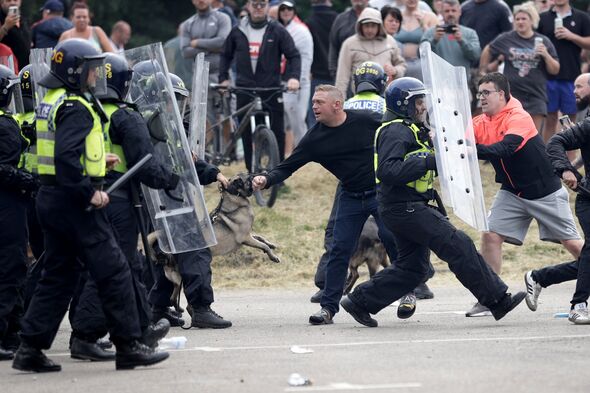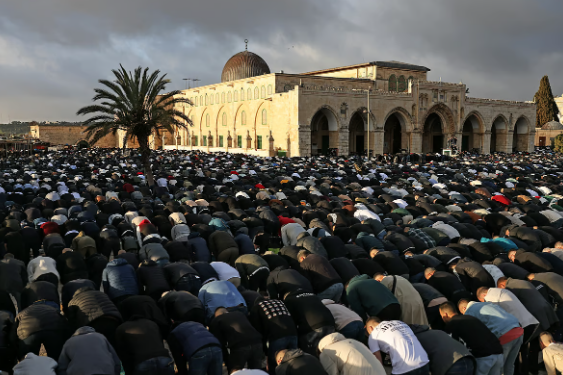Iran has dismissed calls from the United Kingdom and other Western nations to refrain from retaliating against Israel following the killing of Hamas leader Ismail Haniyeh in Tehran last month. The move comes amid escalating tensions in the Middle East and increased international efforts to de-escalate the situation.
UK Prime Minister Keir Starmer, in a rare phone conversation on Monday, urged Iranian President Masoud Pezeshkian to “stand down its ongoing threats of a military attack.” However, Pezeshkian responded that retaliation is Iran’s “legal right” and a “way to stop crime,” according to Iranian state media reports.
While Israel has not officially acknowledged involvement in Haniyeh’s assassination, it has placed its military on its highest alert level in anticipation of possible Iranian retaliation. The United States has also warned of potential significant attacks by Iran or its proxies and has bolstered its military presence in the Middle East to support Israel’s defense.
The situation is further complicated by threats from Hezbollah, the powerful Iran-backed militant group in Lebanon, which has vowed to retaliate against Israel for the killing of one of its top commanders in an airstrike in Beirut.
In a joint statement on Monday evening, the leaders of the UK, France, and Germany called on Iran and its allies to “refrain from attacks that would further escalate regional tensions.” The statement warned that Iran and its proxies would “bear responsibility for actions that jeopardize this opportunity for peace and stability.”
Despite these warnings, Iranian state media reported on Tuesday that President Pezeshkian told Prime Minister Starmer that Western support for Israel has encouraged it to continue what he described as “atrocities,” threatening global peace and security. Pezeshkian emphasized that, from Iran’s perspective, war is not in any country’s interest, but he maintained that a punitive response to aggression is a legal right and necessary to prevent further crimes.
The Iranian foreign ministry also rejected the Western calls for restraint, labeling them as “void of political logic” and “in complete contradiction to the principles and rules of international law.”
Meanwhile, Israel is preparing for possible retaliation. Israeli military spokesman Rear Admiral Daniel Hagari stated that the military is on peak readiness, both offensively and defensively, and will act according to government directives. An Israeli government spokesman also warned Iran and its allies that any aggression against Israel would be met with a “heavy price.”
The U.S. has taken further measures to bolster Israel’s defense by dispatching additional military resources to the region, including a second aircraft carrier strike group and a ballistic missile submarine. U.S. National Security Council spokesman John Kirby highlighted the urgency of the situation, warning that an Iranian attack could occur as soon as this week.
As diplomatic efforts continue, the U.S. has called for talks to resume on Thursday, aiming to secure a ceasefire in Gaza and the release of Israeli hostages. Israel has indicated its willingness to negotiate, while Hamas has signaled a tentative agreement to participate, despite the recent assassination of its leader.
The conflict, which began with an unprecedented attack on southern Israel by Hamas on October 7, has since led to significant casualties on both sides, with more than 39,920 people reported killed in Gaza and hundreds more in clashes along the Israel-Lebanon border.





